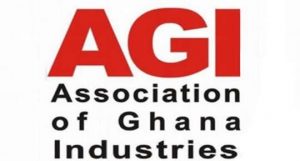Nigeria’s central bank plans to charge 12 banks a total of more than 400 billion naira ($1.3 billion) for failing to meet its minimum loan-to-deposit ratio requirement by a September deadline, three banking sources told Reuters on Thursday.
The central bank has been seeking to boost credit to businesses and consumers after a recent recession in Africa’s biggest economy, but lending has yet to pick up. With growth slow, banks prefer to park cash in risk-free government securities rather than lend to companies and consumers.
Nigeria’s economy is expected to pick up in 2019 with gross domestic product expanding close to 3%, up from 1.9% last year, according to the central bank.
In July, the central bank asked lenders to maintain a ratio of lending out at least 60% of deposits by September as part of measures aimed at getting credit flowing.
Bank chief executives plan to meet with the banking regulator in Abuja on Thursday to discuss the charges, the sources said.
The local units of Citibank and Standard Chartered Bank are among those affected, the sources said.
Others include top tier Nigerian lenders Zenith Bank, Guaranty Trust Bank, First Bank and United Bank for Africa.
The central bank did not respond to a request for immediate comment. The banks declined to comment.
Lenders have done little to expand borrowing in Nigeria, blaming a weak economy after a 2014 oil price crash and a currency crisis that made loans go sour. Analysts fear growing credit quickly could weaken asset quality and capital buffers.
The central bank has said loans rose 5.3% in the three months to the end of September to 16.40 trillion naira, due the new minimum requirement and increased the lending ratio target in what it said was a move to sustain the momentum.
In the last few months, the regulator has also capped interest-bearing deposits at the central bank and barred banks from buying treasury bills for their own accounts at an open market auction, to boost lending.
Source: Reuters






